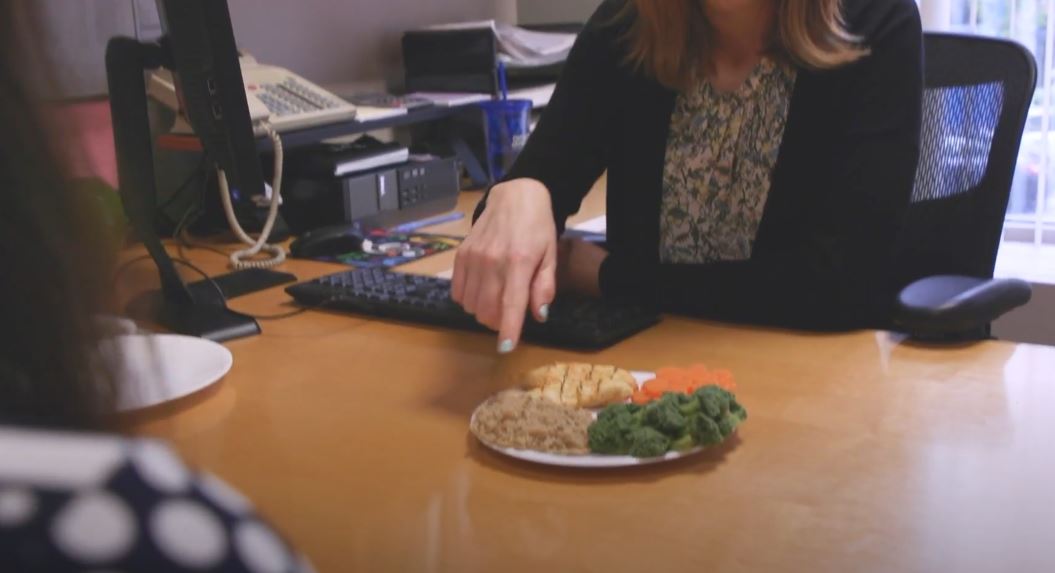In the exciting journey to health and wellness after bariatric surgery, the 5-day pouch reset process is a crucial topic that deserves your full attention. This article will provide you with a detailed look at what this process entails, why it is important, and how to carry it out effectively.
What is the pouch reset diet?
The 5 Day pouch Reset is a diet plan designed specifically for patients who have undergone bariatric surgery, such as gastric sleeve or gastric bypass and have regained weight and plateaued. This diet’s main goal is to help your digestive system adapt to its new anatomy and ensure a safe and effective recovery.
Day 1 Diet: Initial Care
The first day after surgery is crucial to protect your newly operated stomach. The diet is based on clear liquids, such as water, broth and unsweetened tea. Avoiding solids is essential to prevent any complications and to allow your stomach to gradually adapt to the new situation.
Day 2 Diet: Moving Forward
Day 2 marks the beginning of the introduction of more substantial foods. You should still focus on liquids, but protein shakes and soft purees are allowed. This gradual step helps your body assimilate food more effectively and minimizes the risk of discomfort.
Day 3 Diet: Towards Normalization
On the third day, the diet is expanded to include semi-solid foods, such as yogurt and compotes. This provides greater variety and essential nutrients for your recovery. However, it is important to chew carefully and eat slowly to avoid discomfort.
Day 4 Diet: More Variety, Less Risk
Day 4 allows for the incorporation of more solid foods, such as minced meat or cooked fish. The amount of food should remain moderate, and it is crucial to listen to your body’s signals and not force feed.
Day 5 Diet: Consolidation
On the fifth and final day of the pouch reset diet, your stomach should be better adapted to solid foods. You can begin to incorporate a more balanced and varied diet, but it is still essential to avoid very fatty or high sugar foods.
Avoid Stretching the Pouch
One of the main goals of pouch reestablishment is to avoid stretching the pouch or gastric sleeve after surgery. To achieve this, it is essential to follow postoperative dietary guidelines and avoid overeating. Eating slowly, chewing food well and avoiding carbonated beverages are key habits that will help you protect your stomach and avoid complications.
Metabolic Reset to Tighten Your Pouch
The pouch reset process is not only about physical recovery, but it can also have an impact on your metabolism. Changing the amount and type of food you eat can influence the rate at which your body burns calories. Take this opportunity to begin a healthy metabolic reboot and optimize your long-term weight loss.
Protecting Your Sleeve After Gastric Sleeve Surgery
For those who have chosen gastric sleeve surgery, aftercare is equally vital. The 5-day pouch restoration diet is a crucial tool to ensure that your sleeve heals properly and functions optimally in the months and years to come.
Protecting Your Stoma After Gastric Bypass Surgery
If you have opted for a gastric bypass, it is essential to pay special attention to your stoma. Follow the recommendations of your surgeon and dietitian to ensure that your stoma heals properly and that you minimize the risk of infection or complications.
Recommendations
- Follow the instructions of your medical team and dietitian strictly.
- Maintain adequate hydration.
- Listen to your body and do not rush the reintroduction of foods.
- Avoid foods high in fat and sugar.
- Consider keeping a food diary to track your progress.
Conclusion
The Pouch Reset is a critical step in your journey to health and wellness after bariatric surgery. This process helps your stomach gradually adapt to its new anatomy, minimizing the risk of complications and promoting a successful recovery. By following the guidelines and recommendations of your medical team, you can ensure a safe and effective restart of your digestive system.






